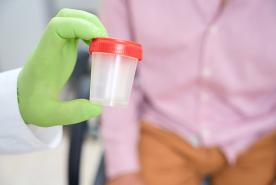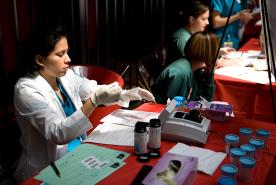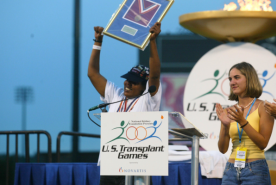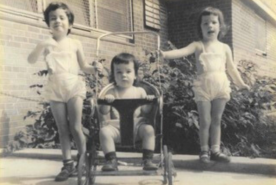Last Updated: April 03, 2025
Medically reviewed by NKF Patient Education Team
About the Need for Organ and Tissue Donation
There are over 100,000 people in the United States who need an organ transplant to survive, and over 90,000 of those people are waiting for a kidney transplant. Unfortunately, since there are not enough organs for all the people who are waiting, many people die on the waitlist. Signing up to be an organ donor after death, also called deceased donation, can save lives.
How Deceased Donation Works
Deceased donation can only happen after a person’s death in the hospital has been declared by medical professionals. The hospital will get in touch with the local organ procurement organization (OPO), which sends donation professionals who will determine if the person is healthy enough to save lives through the selfless act of organ donation.
If that person is registered as an organ or tissue donor in a national or state registry, this helps the hospital and donation professionals understand that person’s wishes and consider them for donation. Even if you have registered as an organ donor, it can help to tell your family or loved ones about how you want to be an organ donor. Donation professionals will speak to them during the process to provide support and let them know about your wishes. If a person is registered and is healthy enough to be an organ donor, they will be matched with people on the waiting list for transplants. For more information about this process, visit Donate Life America’s page Understand Donation.
Protections for Donors
Doctors and health professionals will focus on saving your life first – not somebody else’s. Healthcare professionals who provide care at the hospital do not have access to the organ donor registry. This means they can’t tell who is registered as an organ donor and who isn’t. This makes sure each person receives the best care possible.
When a person dies in a hospital under certain conditions, they may be able to be an organ donor. The two causes of death that can make donation an option are brain death and cardiac (heart) death. Brain death happens when a severe brain injury causes all brain function to stop. Cardiac death is when a person’s family removes life-sustaining treatments and therapies, including ventilation (a machine breathing for them), and a person’s heart stops beating. A person can only be considered for organ donation after the medical team declares brain or cardiac death.
Religion and Organ Donation
Most organized religions support deceased and living donation to save the lives of other people, including Catholicism, Islam, most Protestant faiths, and most branches of Judaism. If you have questions about your religion's position concerning organ and tissue donation, consult your faith leader. Some religions and denominations have published statements regarding organ donation, which can be found through your place of worship or online. You can also refer to Donate Life America’s Organ Donation and Religion page.
Sign up to be an organ donor
There are a few ways to sign up to be an organ and/or tissue donor.
- Add your information to the National Donate Life Registry, managed by Donate Life America, at RegisterMe.Org
- Visit your local DMV to register in person with your state’s registry
- Register through a Donate Life America partner in the Apple Health app or in the MyChart portal at participating doctor’s offices
If you are interested in learning more about living kidney donation, which is when a healthy person donates one of their two kidneys while they are still alive, visit Becoming a Living Donor.












